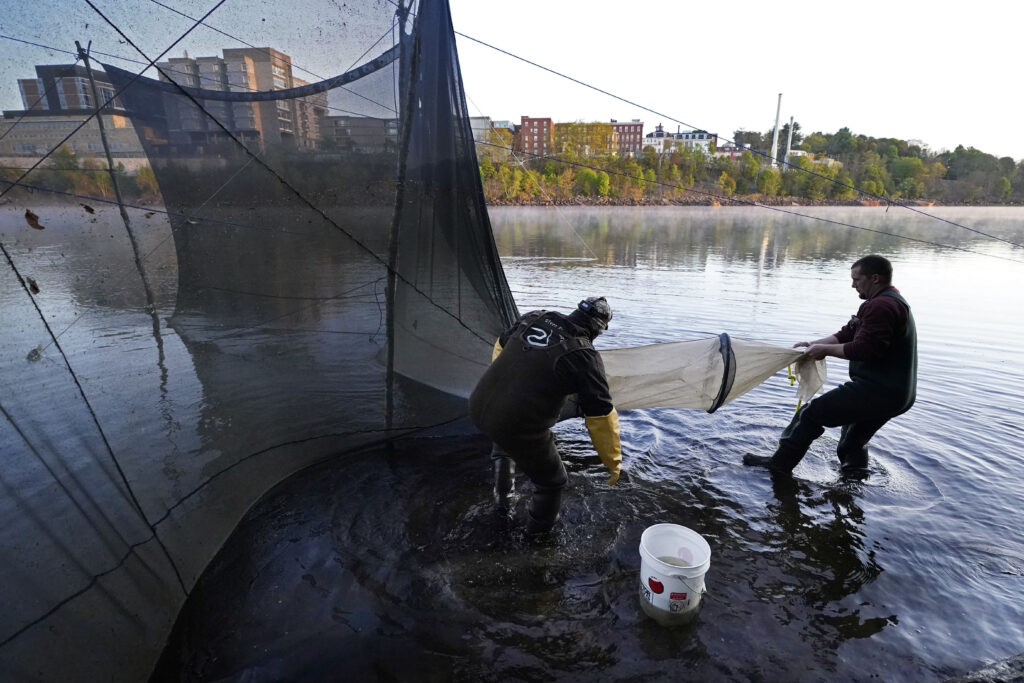Fishermen who catch one of the most valuable marine species in the U.S. wanted clearance to increase their catch of baby eels next year, but their hopes were dashed when regulators remained firm on existing restrictions on Monday.
Crucial to the international supply chain for Japanese cuisine, baby eels called “elvers” are valued at more than $2,000 per pound.
Caught mostly from rivers and streams in Maine, elvers are first sold to aquaculture companies, where they are raised to maturity and then resold as Japanese food. Domestically, they circle back to the U.S. in unagi dishes at sushi restaurants.

The Atlantic States Marine Fisheries Commission is under pressure from an industry that wants the limit raised, but, as they stated Monday when they reset their quota for 2025 and beyond, it will remain nearly the same.
CLICK HERE TO READ MORE FROM THE WASHINGTON EXAMINER
Their eel management board will also determine the number of years the new quota (just under 10,000 pounds) would be in place. A hearing on the matter is expected in late February.
Eel fishing season occurs each March in Maine, the only state with a significant, legal fishery for elvers. The harvest for 2023 beat out the price for lobsters and scallops.
